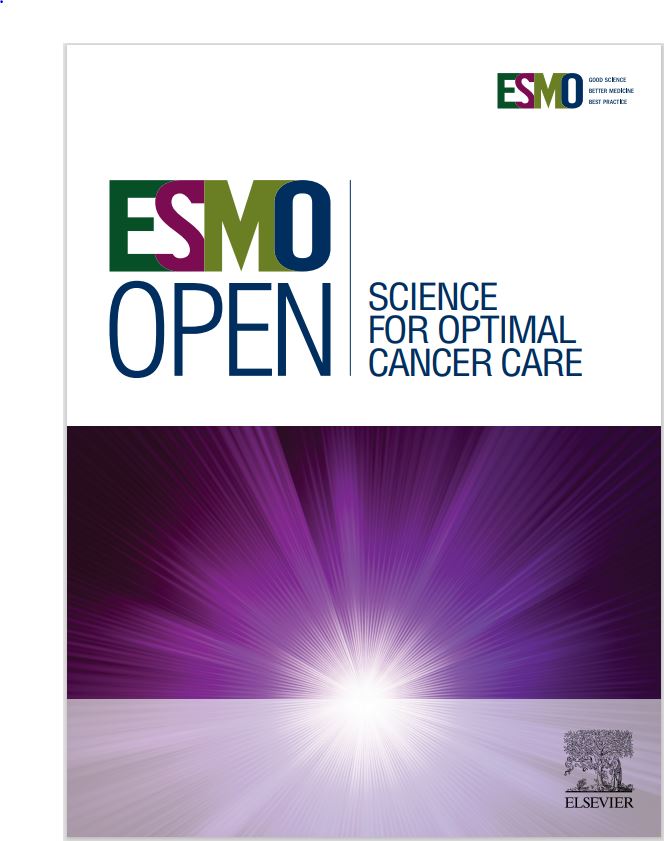专科青少年和青年癌症护理单位的最低标准:建议和实施路线图。
IF 8.3
2区 医学
Q1 ONCOLOGY
引用次数: 0
摘要
根据全球癌症观察站(Global Cancer Observatory)的数据,在2022年,欧洲有1011.5万名青少年和年轻人(年龄在15-39岁之间)被诊断患有癌症。尽管他们有独特的生理和心理社会需求,但他们在获得专业肿瘤服务方面存在差距,特别是在东欧和南欧主要城市中心以外。解决这些不平等现象对于确保全面和公平的癌症治疗至关重要。作为欧盟4health的一部分,成立了欧洲联盟青年癌症幸存者网络(EU-CAYAS-NET)联盟,以推进欧洲战胜癌症计划。该项目旨在发展——由患者组织主导——基于证据的建议,以标准化和改善整个欧洲的护理,最终提高所有年轻人的结果和生活质量。本文章由计算机程序翻译,如有差异,请以英文原文为准。
Minimum standards of specialist adolescent and young adult (AYA) cancer care units: recommendations and implementation roadmap
In 2022, according to the Global Cancer Observatory, >115 000 adolescents and young adults (AYAs; aged 15-39 years) were diagnosed with cancer across Europe. Despite their unique biological and psychosocial needs, AYAs face disparity of access to specialised oncology services, particularly outside major urban centres in the east and south of Europe. Addressing these inequalities is essential to ensuring comprehensive and equitable cancer care. As part of EU4Health, the European Union Network of Youth Cancer Survivors (EU-CAYAS-NET) consortium was established to advance Europe’s Beating Cancer Plan. The project aimed to develop—with patient organisations at the helm—evidence-based recommendations to standardise and improve care across Europe, ultimately enhancing outcomes and quality of life for all young people.
求助全文
通过发布文献求助,成功后即可免费获取论文全文。
去求助
来源期刊

ESMO Open
Medicine-Oncology
CiteScore
11.70
自引率
2.70%
发文量
255
审稿时长
10 weeks
期刊介绍:
ESMO Open is the online-only, open access journal of the European Society for Medical Oncology (ESMO). It is a peer-reviewed publication dedicated to sharing high-quality medical research and educational materials from various fields of oncology. The journal specifically focuses on showcasing innovative clinical and translational cancer research.
ESMO Open aims to publish a wide range of research articles covering all aspects of oncology, including experimental studies, translational research, diagnostic advancements, and therapeutic approaches. The content of the journal includes original research articles, insightful reviews, thought-provoking editorials, and correspondence. Moreover, the journal warmly welcomes the submission of phase I trials and meta-analyses. It also showcases reviews from significant ESMO conferences and meetings, as well as publishes important position statements on behalf of ESMO.
Overall, ESMO Open offers a platform for scientists, clinicians, and researchers in the field of oncology to share their valuable insights and contribute to advancing the understanding and treatment of cancer. The journal serves as a source of up-to-date information and fosters collaboration within the oncology community.
 求助内容:
求助内容: 应助结果提醒方式:
应助结果提醒方式:


